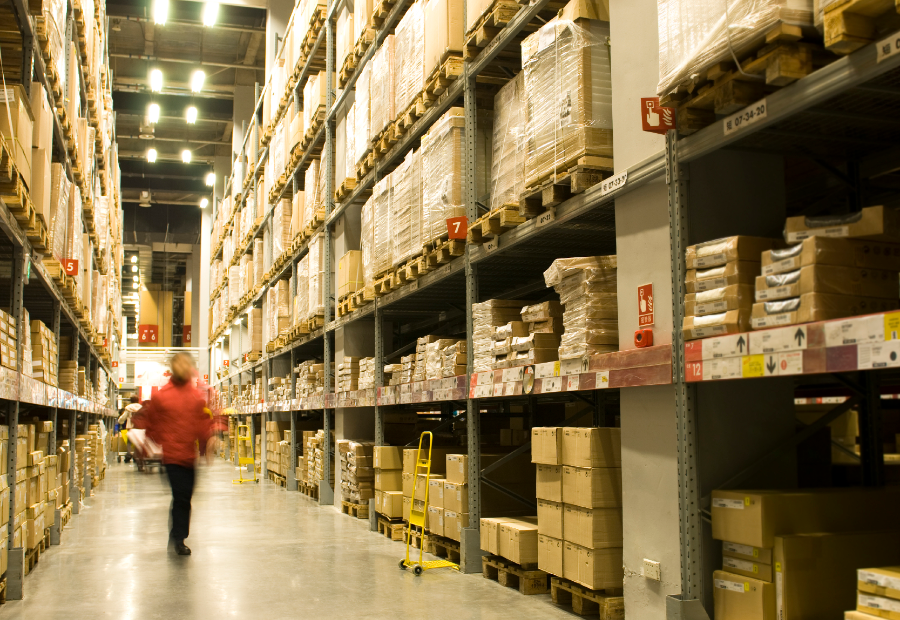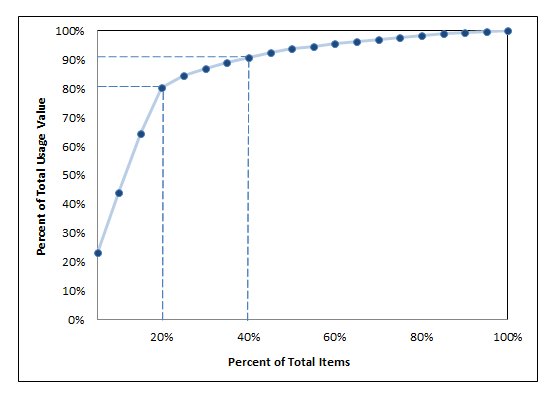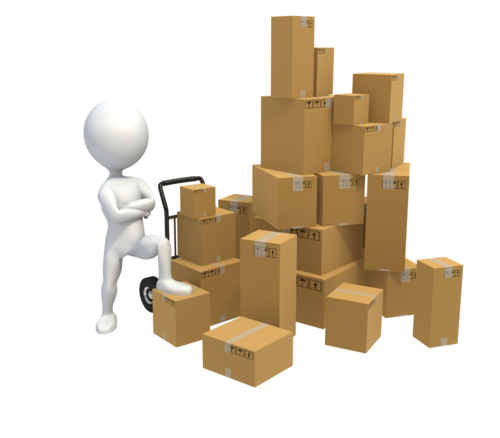-
The butterfly effect: how a bad soup in China caused a stockout of toilet paper

Supply chains are complex and interrelated connections between different companies. During the last few decades, globalization led to supply chains spanning throughout the globe. Various sources of economies of scale created a de-industrialization of Western countries, with many relying on the vast and cheap(er) workforce of China and neighboring Asian producers. China is effectively the…
-
Key Performance Indicators (KPIs) for Inventory Planning and Control

Keeping inventories at the exact desired level is not an easy task. It requires coordination between purchasing, sales, forecasting and demand planning. Very high inventories guarantee demand satisfaction but incur high costs. Low inventories ensure low maintenance costs but involves the risk of losing sales, which represent a very high intangible cost. Let’s look at…
-
The ABC analysis and classification

The ABC analysis is one of the tools the most used in logistics and needs to be well understood. The ABC analysis, also called the ABC Classification or Pareto Theorem (named after its creator), was born when he realized that 80% of the wealth was in the hands of only 20% of the population. This…
-
What is inventory management?

Inventory management, in the context of an industry, usually refers to the material resources management that can help the company generate revenue in the future. The person responsible for this part of the management is the Operations Manager. For example, a retail store that sells various items, such as a grocery store or department store…
-
What is inventory control? Doing more with less

Logistics is often visible through inventory and trucks doing transportation. Today we will talk about the importance of a good inventory control and its management, the different types of inventories and the costs that are associated with them. What is inventory? Inventories are products or goods held for future use. These products that make up…